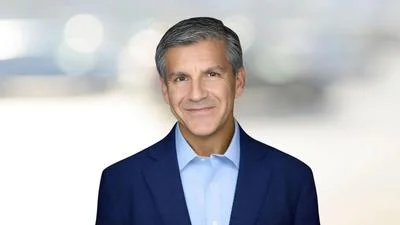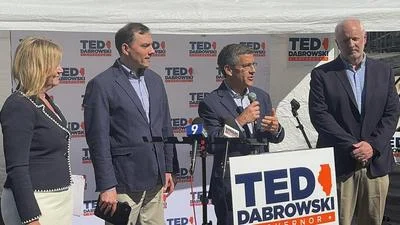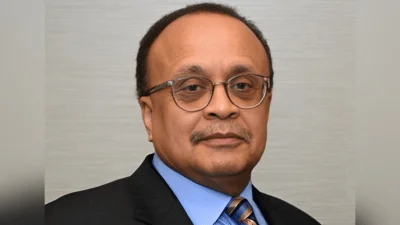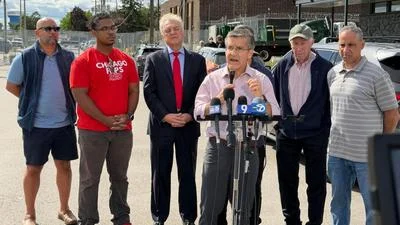The average Illinoisan carries approximately $50,000 in taxpayer burden for state government as Illinois struggles with more than $200 billion in unfunded pension and health-care liabilities.
Those grim figures are part of a new Truth in Accounting "Financial State of the States" analysis using data gleaned from government financial sources.
Illinois has the second-highest taxpayer debt in the country, just ahead of New Jersey, according to the analysis.

Bill Bergman
“Illinois is not faring well,” Bill Bergman, research director of Truth in Accounting, told the Prairie State Wire. “It’s all the consequence of the longstanding practice of the state spending more money than it takes in despite having a state constitution that requires a balanced state budget.”
Truth in Accounting's eighth annual report reviewed all 50 states’ financial outlooks and graded them from A to F. Illinois joined eight other states with a failing grade.
“Poor people relying on social services are among those hurt the most,” Bergman said. “With the state now leading the country in outmigration, it’s going to be increasingly difficult for the state to collect on much of this debt.”
Overall, researchers found that 41 states now have less money than they need to pay off their debts and states overall have amassed more than $1.5 trillion in unfunded debt.
“In Illinois, anticipated revenues include borrowing that is counted as revenue for the purposes of balancing the budget,” Bergman said in explaining why the state's numbers never seem to quite add up.
Bergman said researchers found there are states that manage to get things right.
“States like Utah, Nebraska and Iowa are doings things responsibly, and it’s making a difference for them,” he said. “It’s not about how small government is. Illinois has large social service requirements, but just because government has a higher role doesn’t mean you don’t live within your means. You still have to respect the public purse.”
Still, Bergman said all mght not be lost in Illinois.
“At least awareness that we need to be doing things differently seems to be growing,” he said. “It’s not going to be overnight important, but at least we’re starting to understand that things are critical.”






 Alerts Sign-up
Alerts Sign-up